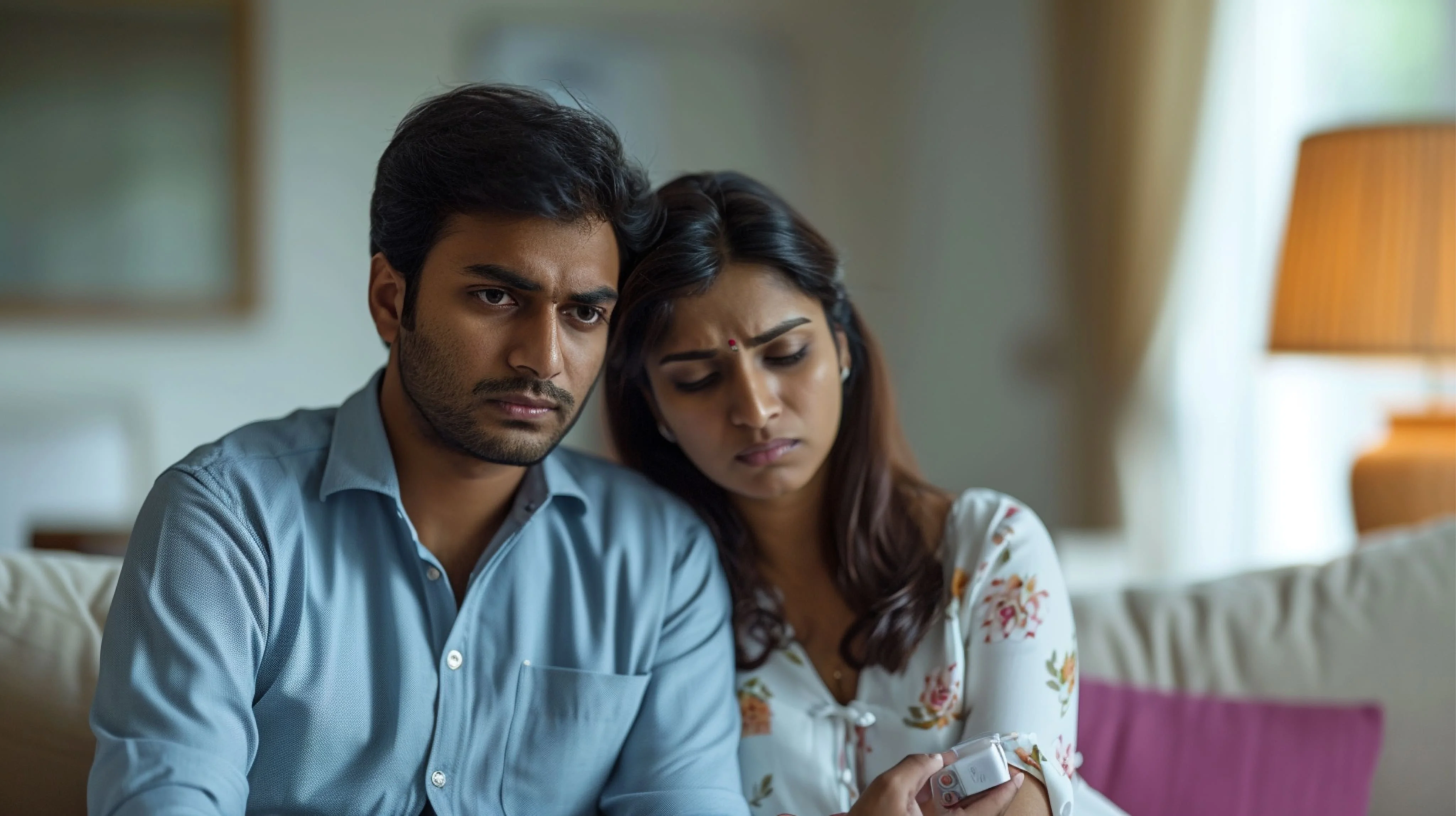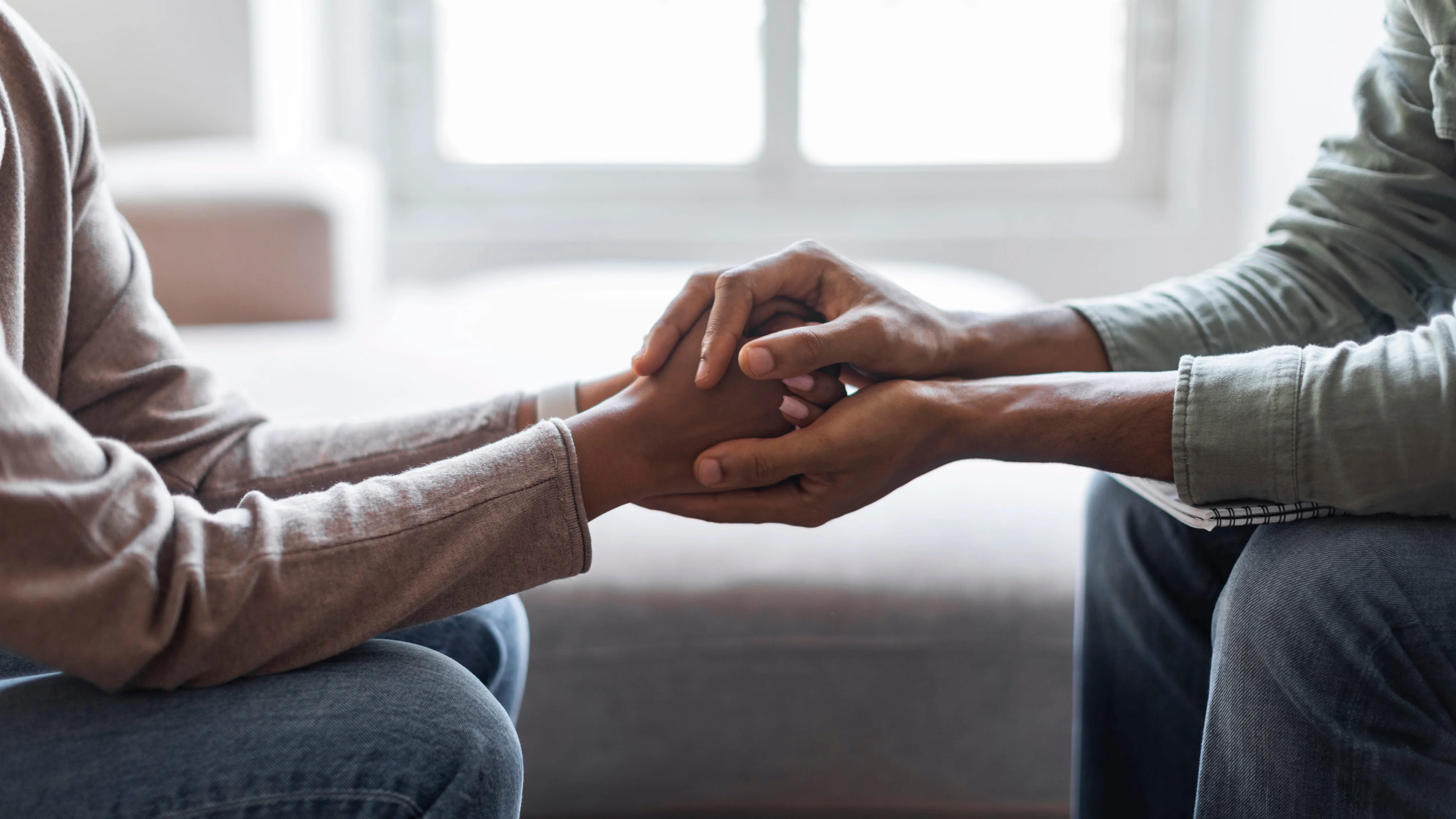
Abuse isn’t always loud.
It doesn’t always leave bruises.
Sometimes it shows up as doubt.
As exhaustion. As silence.
Sometimes you don’t even
know it is abuse.
That’s where we come in.
Abuse isn’t always loud. It doesn’t always leave bruises.
Sometimes it shows up as doubt. As exhaustion. As silence.
Sometimes you don’t even know it is abuse.
That’s where we come in.
Abuse Counselling at iDare is a confidential space to make sense of what you’re going through.
It’s a space to talk, reflect, and find your own next step with someone who understands how
abuse really works.
Whether you're confused in a relationship, still hurting after one ends, or trying to support
someone you care about, you don’t have to figure it out alone.
Who can this help?
Abuse counselling is for anyone feeling unsure, overwhelmed, or stuck.
You may not have the words yet. You may not be ready to take action. That’s okay.
This isn’t about fixing or forcing anything. It’s about helping you see the patterns, name what’s
happening, and understand how abuse operates - emotionally, psychologically, culturally, and
practically.

Who can this help?

For Individuals in difficult or unsafe relationships
You’re not sure what’s happening, but something feels off. Maybe you’ve tried to leave. Maybe you can’t.
We’re here to listen, help you unpack what’s going on, and figure out what support or safety could look like for you.

For People who want to do better
If you’ve recognised hurtful patterns in your own behaviour, that awareness takes courage. This space is for reflection, not shame. We’ll help you understand what’s happening underneath and how you can start making healthier choices.

For Friends, Siblings, Partners, or Parents supporting someone else
Watching someone you love go through abuse is painful. These sessions are for you too. To help you support without overstepping. To set boundaries while staying present. To care for them, without burning yourself out.

For Individuals in difficult or unsafe relationships
You’re not sure what’s happening, but something feels off. Maybe you’ve tried to leave. Maybe you can’t.
We’re here to listen, help you unpack what’s going on, and figure out what support or safety could look like for you.
Why Choose iDare?
1
We don’t need you to have the “right” words
You don’t have to label it to talk about it. You just need a place to start.
2
We understand how abuse really works
Our team is trained to recognise the subtle, complex patterns of abuse even the ones that hide behind good intentions or cultural norms.
3
Emotional and legal expertise under one roof
We help you navigate the psychological, relational, and legal aspects in one safe space.
4
No blame. No pressure.
Whether you're surviving, supporting, or unlearning, you're welcome here without being judged or pushed.
5
Support that’s clear and usable
We offer tools that actually help from red flag checklists to personalised safety plans. You leave the session with something concrete.
6
Trusted by thousands across India
With a 4.9/5 rating, multilingual support, and years of lived experience in the space, you’re not just supported, you’re understood.
Issues We Can Help You With
Neglect and abandonment
sharing, control through devices
Digital abuse
humiliation, intimidation
Verbal abuse
tripping, silent treatment
Emotional abuse
restraining, breaking things
Physical abuse
Spiritual or cultural abuse
access, sabotaging independence
Financial abuse
acts within or outside relationships
Sexual abuse
laws, or extended family
Family abuse
workplaces, or care systems
Institutional abuse
Neglect and abandonment
In caregiving, parenting, or relationships
Digital abuse
Tracking, blackmail, non-consensual
sharing, control through devices
Verbal abuse
Name-calling, threats,
humiliation, intimidation
Emotional abuse
Gaslighting, manipulation, guilt-
tripping, silent treatment
Physical abuse
Hitting, pushing,
restraining, breaking things
Spiritual or cultural abuse
Using beliefs or traditions to shame or control
Financial abuse
Controlling money, blocking
access, sabotaging independence
Sexual abuse
Coercion, pressure, assault, non-consensual
acts within or outside relationships
Family abuse
From parents, siblings, in-
laws, or extended family
Institutional abuse
Harm within schools,
workplaces, or care systems
You’re not overreacting.
You’re not imagining it.
You’re not alone.
We understand abuse is
complicated. But we can help.
This is your space to feel seen.

Book a session through the iDare app today.
- Download the app
- Register
- Navigate to Engage
- Choose the service
(Mental health, legal, etc) - Select the expert
- Click on book appointment
- Choose the session mode
(Online/ offline) and slot - Proceed to pay
- Your Abuse Counselling session
is booked.


- Download the app
FAQ
What is abuse counselling, and what kinds of abuse do you support (emotional, physical, psychological, etc.)?
How is counselling kept safe, confidential, and non-judgemental?
Do I need to share details in the first session, or can I take it at my own pace?
How long are the counselling sessions, and how many sessions does one typically need?
Is abuse counselling available online, in person, or both?
What happens if I feel unsafe or triggered during a session?
Can I involve family members in abuse counselling if I want support?
What if I’m not ready to talk about everything- can I start with small steps?
How do I know whether to reach out for abuse counselling vs legal counselling (especially for support in taking action)?
